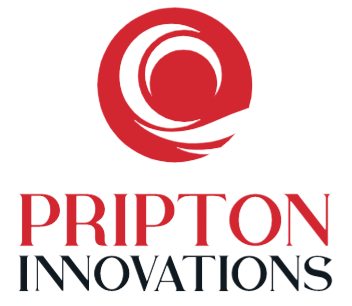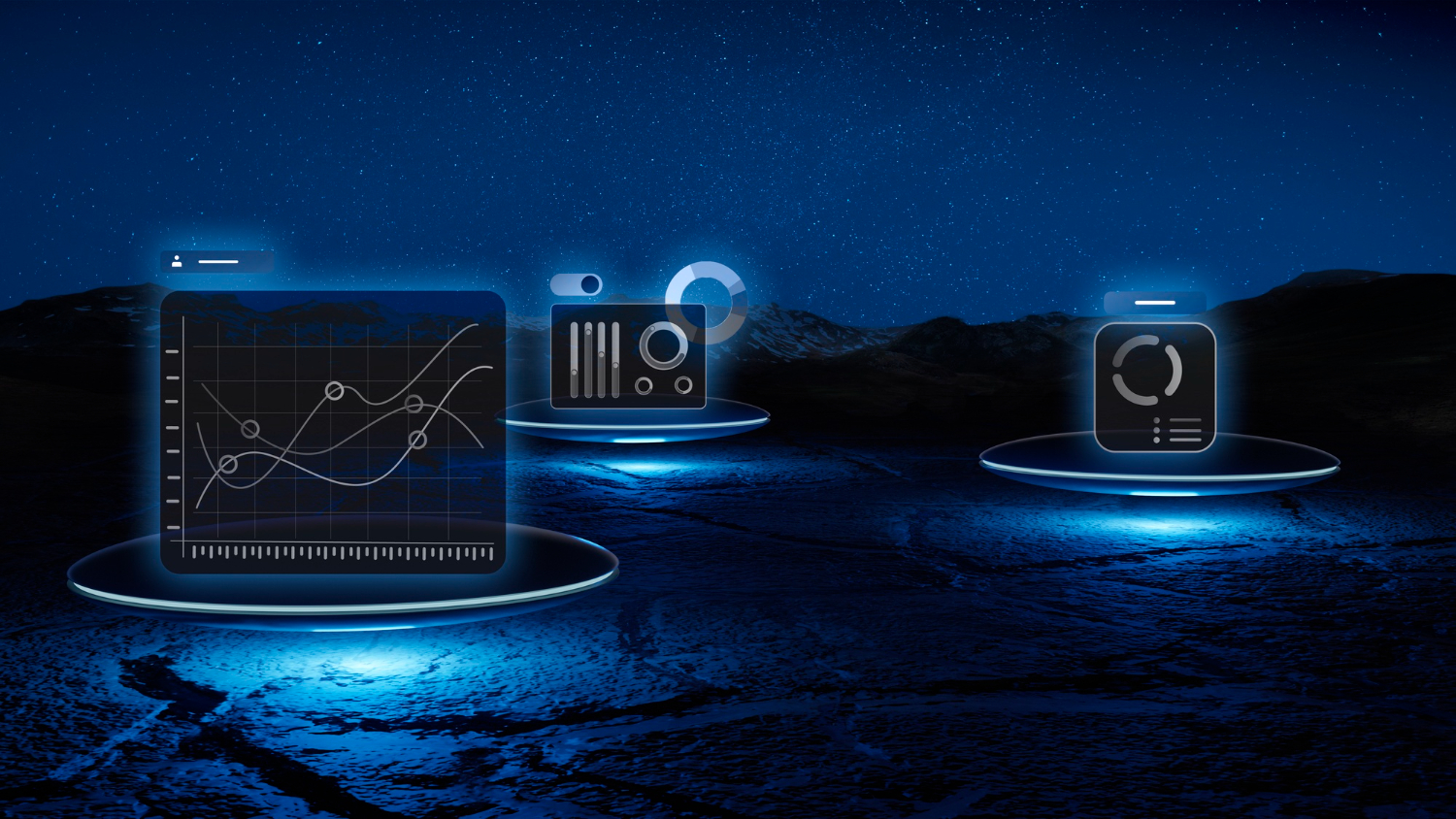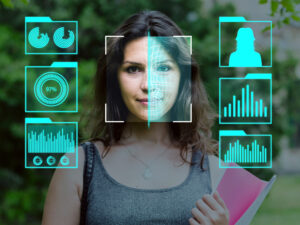Introduction:
In the ever-evolving landscape of artificial intelligence, our company stands at the forefront, offering a service that transcends boundaries and unlocks the potential of LiDAR technology. LiDAR annotation, a meticulous process that involves labeling and categorizing individual points within LiDAR-generated point clouds, is the cornerstone of our expertise. In this comprehensive article, we delve into the importance of LiDAR annotation, its diverse applications, and how our company excels in providing this indispensable service.
Understanding the Essence of LiDAR Annotation:
LiDAR, or Light Detection and Ranging, is a transformative technology that captures highly accurate 3D information about the Earth’s surface and surroundings. By emitting laser pulses and measuring their return time after bouncing off objects, LiDAR creates detailed point cloud models, offering unparalleled precision in spatial data collection. LiDAR annotation, then, becomes the delicate dance with point clouds—the very essence of LiDAR data.
Each point in the cloud represents a precise measurement of the environment, creating a digital replica of the real world. LiDAR annotation involves the meticulous process of labeling and categorizing individual points or clusters within these point clouds. This process assigns semantic meaning and attributes to specific features or objects, ranging from terrain and vegetation to structures and other pertinent elements.
The Delicate Dance with Point Clouds:
As our journey with LiDAR annotation began, we were captivated by the intricacy of the data and the potential it held for applications as diverse as environmental monitoring and infrastructure development. The annotated LiDAR data facilitates subsequent computational operations, including object recognition, environmental modeling, and terrain analysis.
The process of LiDAR annotation requires a nuanced comprehension of geospatial data, proficiency in employing specialized software tools, and a keen acumen for recognizing subtle variations in point cloud patterns. It is an indispensable component of various scientific and industrial endeavors reliant upon precise spatial information.
Tools of the Trade:
Armed with knowledge, we explored a myriad of tools available for LiDAR annotation. From specialized software platforms like TerraScan, LASTools, and CloudCompare to point cloud viewing tools and classification and segmentation software, each tool plays a crucial role in the annotation process. Machine learning and AI frameworks, 3D modeling software, and geospatial information systems (GIS) software all contribute to the comprehensive suite of tools required for effective LiDAR annotation.
Navigating Challenges with Precision:
LiDAR annotation, however, is not without its challenges. The sheer volume of data, coupled with the need for precision, demands careful attention to detail. Distinguishing between objects, classifying terrain, and handling occlusions became a nuanced art. Yet, with every challenge, there came a triumph—a newfound understanding of how LiDAR technology could be harnessed for a myriad of applications.
The challenges faced in LiDAR annotation encompass various aspects of the annotation process, from data density and volume to complex object recognition and fine object details. The intricate dance with point clouds demands skilled annotators with expertise in LiDAR data interpretation and annotation, as well as the utilization of advanced tools and efficient workflows.
Navigating Challenges with Precision: Applications Across Industries:
The applications of LiDAR annotation are boundless and span across various industries. In autonomous vehicles, LiDAR data annotation is pivotal for object detection, enabling vehicles to navigate complex environments with precision. In urban planning, it aids in creating detailed 3D models of cities, revolutionizing the way we design and develop urban spaces. Environmental monitoring, forestry, archaeology, disaster management, infrastructure inspection, precision agriculture, geospatial analysis, mining, oil and gas exploration, and cultural resource management are just a few domains benefiting from the precision of LiDAR technology.
By facilitating accurate and detailed interpretation of LiDAR data, annotation empowers these industries to leverage the full potential of spatial information for a wide range of applications. The significance of LiDAR annotation extends across a diverse range of domains, each benefiting from precise spatial information for decision-making, planning, and analysis.
By facilitating accurate and detailed interpretation of LiDAR data, annotation empowers these industries to leverage the full potential of spatial information for a wide range of applications. The significance of LiDAR annotation extends across a diverse range of domains, each benefiting from precise spatial information for decision-making, planning, and analysis.
Ethical Dimensions of LiDAR Annotation:
As our journey progressed, we confronted the ethical dimensions of LiDAR annotation. The responsible handling of geospatial data, privacy considerations, and the impact of LiDAR technology on communities and environments became paramount. Striking a balance between technological advancement and ethical stewardship of data resources became a guiding principle in our work.
The Evolution and Boundless Possibilities:
Reflecting on our journey with LiDAR annotation, we are filled with a sense of awe and anticipation. The evolution of LiDAR technology holds boundless possibilities. With advancements in sensor technology and data processing algorithms, LiDAR is poised to transform industries and reshape the way we interact with our environment.
In the intricate dance of LiDAR annotation, we’ve not only learned about technology; we’ve learned about the profound impact it has on how we perceive and interact with the world around us. LiDAR is not just a tool; it’s a gateway to a deeper understanding of our environment, a key that unlocks the secrets hidden in the points of data that define our world. In this journey, we’ve not only annotated points; we’ve annotated the very fabric of our spatial reality, and for that, we are forever enriched. In the realm of LiDAR annotation, our company stands as a beacon of expertise, offering unparalleled services that redefine precision and depth in spatial data interpretation. We take pride in being at the forefront of this transformative technology, providing LiDAR annotation services that cater to the diverse needs of industries ranging from autonomous vehicles to urban planning.
In the intricate dance of LiDAR annotation, we’ve not only learned about technology; we’ve learned about the profound impact it has on how we perceive and interact with the world around us. LiDAR is not just a tool; it’s a gateway to a deeper understanding of our environment, a key that unlocks the secrets hidden in the points of data that define our world. In this journey, we’ve not only annotated points; we’ve annotated the very fabric of our spatial reality, and for that, we are forever enriched. In the realm of LiDAR annotation, our company stands as a beacon of expertise, offering unparalleled services that redefine precision and depth in spatial data interpretation. We take pride in being at the forefront of this transformative technology, providing LiDAR annotation services that cater to the diverse needs of industries ranging from autonomous vehicles to urban planning.
Our LiDAR Annotation Services:
1. Expert Annotators: Our team comprises skilled annotators with a profound understanding of LiDAR data interpretation. These experts navigate the intricate dance of point clouds with precision, ensuring that every annotation contributes to a comprehensive understanding of the surveyed area.
2. State-of-the-Art Tools: Leveraging a comprehensive suite of advanced tools and software platforms, we bring efficiency and accuracy to the annotation process. From specialized software like TerraScan and CloudCompare to machine learning frameworks such as TensorFlow and PyTorch, our toolkit is tailored to handle the nuances of LiDAR annotation.
3. Customized Solutions: Recognizing that each project comes with its unique requirements, we offer customized annotation solutions. Whether it’s urban planning, environmental monitoring, or archaeological exploration, our services are tailored to meet the specific needs of our clients.
4. Efficient Workflows: Time is of the essence, and we understand the importance of timely completion. Our annotation workflows are designed for efficiency, ensuring that large-scale projects are handled with meticulous attention to detail without compromising on deadlines.
5. Ethical and Responsible Practices: We prioritize ethical considerations in our LiDAR annotation services. Our commitment to responsible handling of geospatial data, adherence to privacy regulations, and a comprehensive understanding of the impact of LiDAR technology on communities and environments sets us apart as a company that values both technological advancement and ethical stewardship.
2. State-of-the-Art Tools: Leveraging a comprehensive suite of advanced tools and software platforms, we bring efficiency and accuracy to the annotation process. From specialized software like TerraScan and CloudCompare to machine learning frameworks such as TensorFlow and PyTorch, our toolkit is tailored to handle the nuances of LiDAR annotation.
3. Customized Solutions: Recognizing that each project comes with its unique requirements, we offer customized annotation solutions. Whether it’s urban planning, environmental monitoring, or archaeological exploration, our services are tailored to meet the specific needs of our clients.
4. Efficient Workflows: Time is of the essence, and we understand the importance of timely completion. Our annotation workflows are designed for efficiency, ensuring that large-scale projects are handled with meticulous attention to detail without compromising on deadlines.
5. Ethical and Responsible Practices: We prioritize ethical considerations in our LiDAR annotation services. Our commitment to responsible handling of geospatial data, adherence to privacy regulations, and a comprehensive understanding of the impact of LiDAR technology on communities and environments sets us apart as a company that values both technological advancement and ethical stewardship.
Why Choose Our LiDAR Annotation Services:
1. Unmatched Expertise: Our team comprises seasoned professionals with a deep understanding of LiDAR technology and geospatial data interpretation, ensuring that your annotated datasets are of the highest quality.
2. Comprehensive Toolset: We deploy a diverse range of tools, from industry-standard software platforms to cutting-edge machine learning frameworks, providing a holistic approach to LiDAR annotation.
3. Tailored Solutions: Every project is unique, and our services are tailored to meet the specific requirements of each client. Whether it’s a large-scale infrastructure development project or a precision-focused archaeological exploration, we adapt to your needs.
4. Efficiency and Timeliness: Our workflows are optimized for efficiency, allowing us to deliver high-quality annotated LiDAR datasets within stipulated timelines. We understand the importance of timely project completion.
5.Ethical Considerations: We prioritize ethical practices in every aspect of our LiDAR annotation services, ensuring the responsible handling of geospatial data and respecting privacy regulations.
As a company dedicated to pushing the boundaries of LiDAR annotation, we invite you to experience the precision, expertise, and ethical standards that define our services. Whether you are navigating the complexities of autonomous vehicle development, revolutionizing urban planning, or delving into environmental monitoring, our LiDAR annotation services serve as the catalyst for unlocking the full potential of spatial information. Choose us for a transformative journey into the world of precise 3D spatial data interpretation.
2. Comprehensive Toolset: We deploy a diverse range of tools, from industry-standard software platforms to cutting-edge machine learning frameworks, providing a holistic approach to LiDAR annotation.
3. Tailored Solutions: Every project is unique, and our services are tailored to meet the specific requirements of each client. Whether it’s a large-scale infrastructure development project or a precision-focused archaeological exploration, we adapt to your needs.
4. Efficiency and Timeliness: Our workflows are optimized for efficiency, allowing us to deliver high-quality annotated LiDAR datasets within stipulated timelines. We understand the importance of timely project completion.
5.Ethical Considerations: We prioritize ethical practices in every aspect of our LiDAR annotation services, ensuring the responsible handling of geospatial data and respecting privacy regulations.
As a company dedicated to pushing the boundaries of LiDAR annotation, we invite you to experience the precision, expertise, and ethical standards that define our services. Whether you are navigating the complexities of autonomous vehicle development, revolutionizing urban planning, or delving into environmental monitoring, our LiDAR annotation services serve as the catalyst for unlocking the full potential of spatial information. Choose us for a transformative journey into the world of precise 3D spatial data interpretation.





